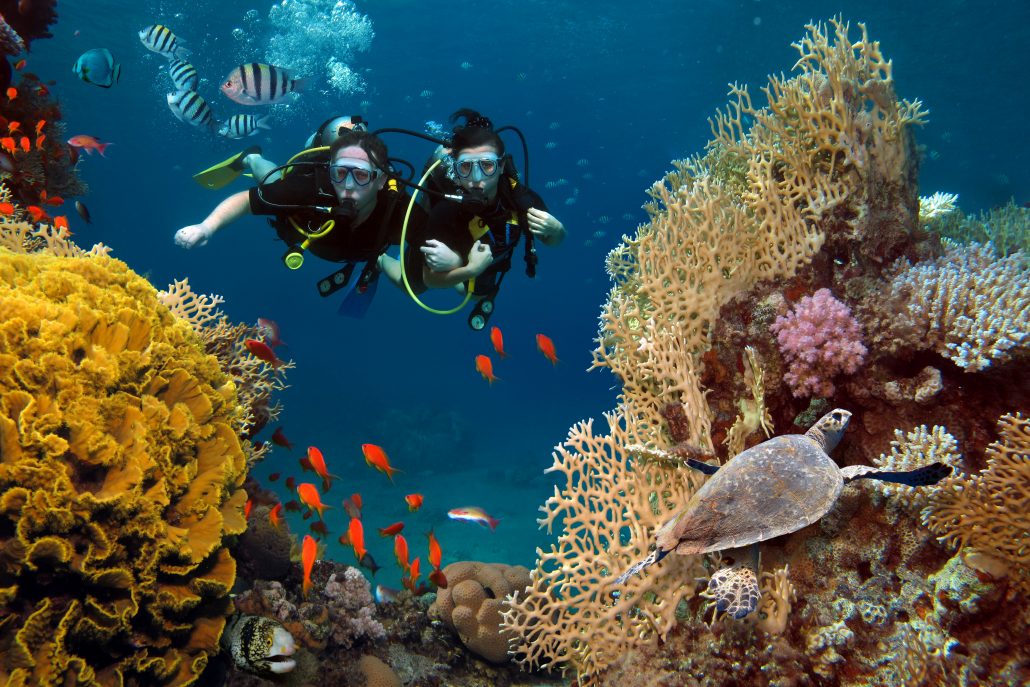Green travel is not a passing trend. It is a portable lifestyle choice. One that is being actively made by nearly two-thirds of travellers in the coming year according to TripAdvisor
If you travel, you will leave a charcoal smudge in your wake. Planes spew carbon emissions, hotels guzzle gallons of water and thirsty travellers often indulge in bottles of water. However, travellers are not deterred from their holidays because of these practices. Instead, they are actively seeking eco-friendly ways to lighten the blemish on Mother Earth.
Before we get into what travellers are doing to go green, let’s understand what “green” means. It is certainly not about stopping travel. It is about leaving a positive effect on the communities you visit, leaving it better than you found it.
How are travellers going green and leaving places they visit better off? Here are some common practices.
1) Opting for the rails or bus to reduce the impact of carbon emissions.
While this may not be possible for international travel always, it could be a great way to travel locally. Also, half the fun of a destination is the journey to it!
2) Using cycles where possible

As a tourist, it is a fun way to go local and using cycles can make it eco-friendly too.
3) Sustainable Lodging

A growing majority of travellers are looking for sustainable lodging. This includes practices such as reducing water consumption, smart appliances and better waste disposal, among other practices.
4) Trying long breaks
While multiple short breaks are popular and a great way to rejuvenate, some sustainable travellers are opting for one or two longer trips that include multiple short trips from the base destination. Another great way to reduce your carbon footprint.
5) Offsetting their stay and journey
Hotels, flights and even tourist attractions now offer the ability to offset carbon emissions. A growing number of travellers are taking on this additional cost in a bid to save the planet.
6) Choosing earth-friendly activities

Activities such as sailing, snorkelling, scuba diving, hiking, paddleboat, paddleboard, kayaking, biking, swimming, bird-watch and playing I-spy-a-monkey in a tree. Visiting a crafts or food market (with their reusable bag for purchases in tow).
7) Going local

Choosing tours that employ local people. Dining and buying all things made locally. Sustainability is about giving back to the communities you visit, including economically.
8) Volunteering with a local green movement or charity
It’s a great way to meet people and get up, close to nature.
9) Taking extra efforts to find recycling facilities
Some guests are taking extra efforts for their plastic and paper waste on the road.
10) Filling reusable water bottles
Some eco-friendly gusts are filling reusable bottles with boiled or filtered water instead of buying bottled water in countries where tap water isn’t drinkable.
11) Not being excessive

Whether it is the consumption of water and electricity or souvenirs and more food than you can eat eco-conscious guests tend to make sure on not being excessive in anything.
12) Green travel is also about the consideration of local communities, customs, and culture
It is good to be mindful of the practices of the places you visit so that you don’t offend the locals in any way. Mostly, being a responsible traveller is being respectful of the surroundings and enriching the place that enriches you.
13) Going paperless
A lot of attractions accept mobile tickets. This prevents travellers from printing boarding passes, hotel reservations, and entry tickets. Conscious travellers also return their paper maps before leaving a destination, allowing their reuse.
14) Choosing unpopular destinations
Getting away from popular destinations and onto the beaten track to avoid issues of over-tourism.
15) Actively educating others to become responsible travellers
The more responsible travellers to we have, the longer we get to enjoy the beautiful world we live in.
Recommended To Read: 11 Travel terms & Hospitality industry trends you should know about
Do you have tips to help travellers make their footprint greener? Share it with us at marketing@staah.com and we can share it more widely with our readers.

